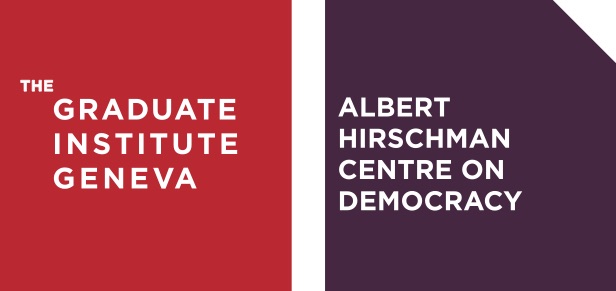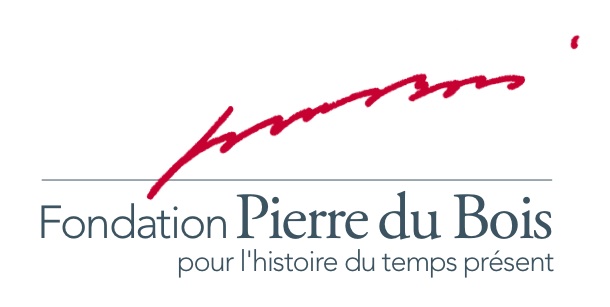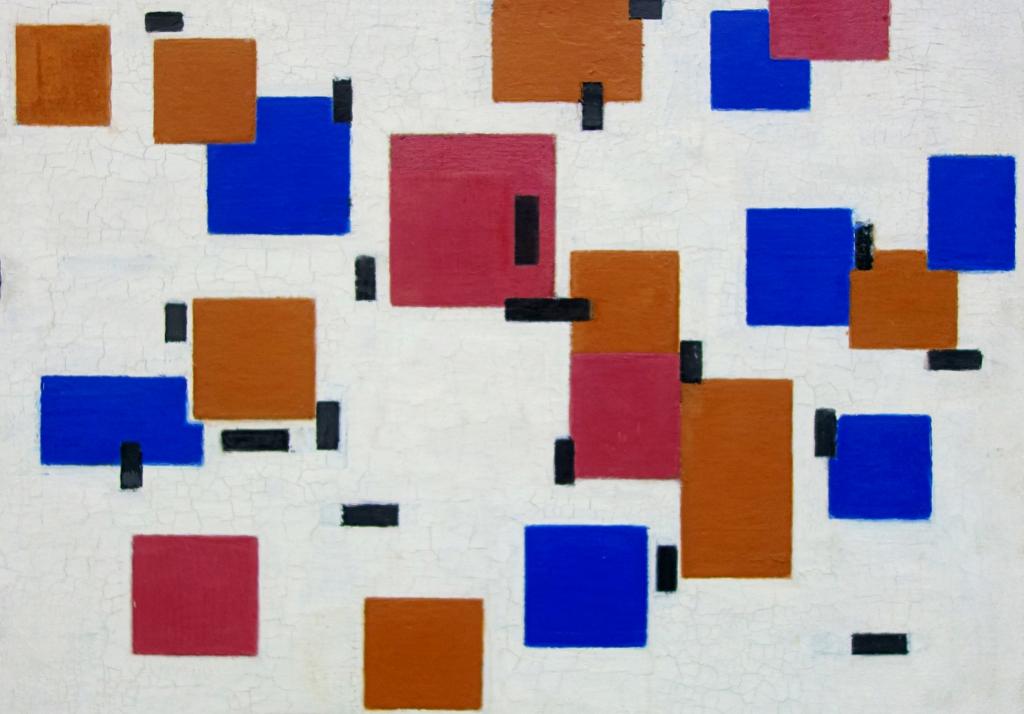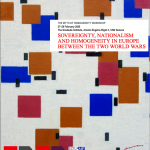Organised by the “The Myth of Homogeneity" research project with the collaboration of the Albert Hirschman Centre on Democracy and the support of the Swiss National Science Foundation and the Pierre du Bois Foundation.
The years around the Great War were crucial for both nationalism and democracy. While at Versailles national self-determination was branded as the main principle to be followed in the resolution of territorial conflicts, domestically, several European states introduced universal suffrage or considerably lowered property requirements thus entering the age of mass politics. In such a context of rising nationalism and expanding democracy (although often fragile democracy), majority-minority relations acquired an unprecedented relevance.
The aim of this workshop is to bring together historians with different geographical expertise and using varied approaches to draw the main lines of a European comparative and transnational history of relations between national majorities and minorities during the interwar years. The workshop will explore the nexus between popular sovereignty and cultural homogeneity, inquire into why minorities became a ‘problem’ after the Great War, examine minority issues within and across state borders, and question the strength of national allegiances among ordinary people.
The first day of the conference will be closed by a public lecture by Eric Weitz entitled A World Divided: The Global Struggle for Human Rights in the Age of Nation-States.
Registration required at: democracy@graduateinstitute.ch

![]()





